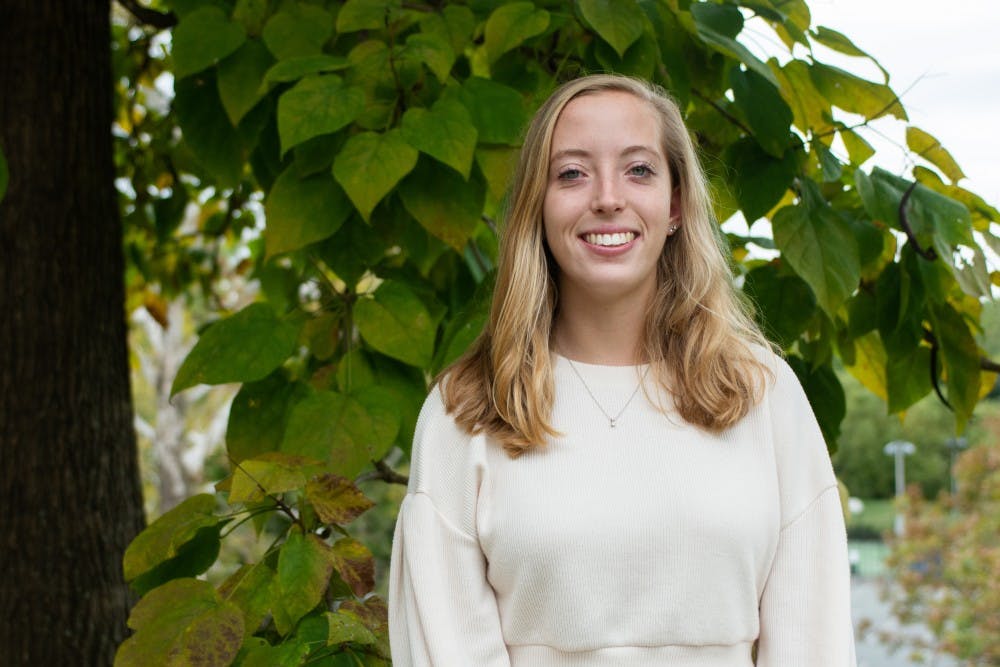1. Counseling and Psychological Services
The University’s department of Student Health and Wellness offers TimelyCare, a free application where you can set up telehealth appointments at your convenience and Counseling and Psychological Services for students. TimelyCare is best for your first visits and can provide care the fastest. At CAPS, a clinician is always on call and they provide therapy and counseling services at no cost for students for long term care — nevertheless, it’s important to note that CAPS has received substantial criticism for long wait times. The Women’s Center at the University also provides counseling services free of charge for both men and women as well as group therapy.
2. Student Health
In addition to resources for mental wellness, the University also provides free access to medical visits and consultations. Student Health Center provides nutrition, gynecology and primary care among other services to all enrolled students. A lab, allergy clinic and immunizations are also available for students here. Every time I get back to Grounds I get some sort of cold or sinus infection — my last three years would have been miserable without Student Health. To make an appointment, visit your Healthy Hoos portal online.
3. Writing Center
Online appointments are preferred, but students can schedule in-person appointments at the U.Va. Writing Center. Each appointment is allotted a 25 or 50-minute session with an undergraduate or graduate student tutor who can assist in your writing. I used the writing center for my first research paper for my major to make sure that I was deriving the correct arguments based on my research — without their help, I definitely wouldn’t have made it through that paper.
4. Studying abroad
The University has fantastic study abroad programs through the International Studies Office. You can go almost anywhere in the world and apply the relevant credits to almost any major. ISO offers advisors who can help you pick a program, assist you through the application process and make sure you are prepared to go when the time comes. Many of my friends have studied abroad for a semester, and they always return with the most unique experiences and stories.
5. Career Center
I personally feel that the Career Center is one of the best resources here at the University, and the most taken for granted. From resume reviews to in-person career fairs with employers on-site to mock interviews, the Career Center does it all. I personally used the Career Center for career advising when I had no idea what I wanted to do after graduation, and for assistance with my resume while applying for internships last summer.
6. Libraries
Many professors help show the vast amount of resources available in the libraries, but these resources extend to every topic. One of the best things the library can be used for is finding primary and historical sources for papers. The librarians at the University also have an extensive knowledge of how to complete research for papers or analysis. The libraries are also a fantastic place to study with open tables and reservable rooms for group projects or quiet, undisturbed studying.
7. Association deans
My association dean has helped me navigate the University in many ways, from making sure I could enroll in a Master’s class in my fourth year to helping me adjust to college life my first year. They provide a great resource for discussing majors and any sort of advising outside of your regular advisor. A unique aspect of Association Deans is you keep them for all four years, which is significant because many students change advisors in their second year once they decide on their major.
8. Your peers
Throughout college, I have learned so much from the older peers that I have around me and that have been through the same overwhelming experiences that make up college. I actually didn’t know that my major existed until my big sister in my sorority told me to check it out. She opened a world of possibilities that I would have never known about if I didn't go to my older peers for help. Everyone on Grounds should utilize the people around them — they are as much resources as everything else on this list.
9. Study spaces
There are so many places to study on and off Grounds besides the library. The glass study rooms in New Cabell are some of my favorite rooms that are easy to get to between classes. The Multicultural Student Center, the Interfaith Student Center, Latinx Center and LGBTQ Centers are all located in Newcomb Hall and have spaces for groups of students to gather, meet and study. 1515 is also a great option for off-Grounds studying, as are Starbucks on the Corner and Grit Coffee on the Downtown Mall.
10. Safety Resources
SafeRideand the Office of Emergency Management are just two of the resources located around Grounds designed to keep students safe. SafeRide is an excellent resource to use to avoid walking home by yourself at night. Though not without critique, ambassadors, who can be easily spotted by their neon yellow vests, are also present around Grounds but do not hold any official authority. If you feel comfortable, you can ask an ambassador to walk you home at night.







